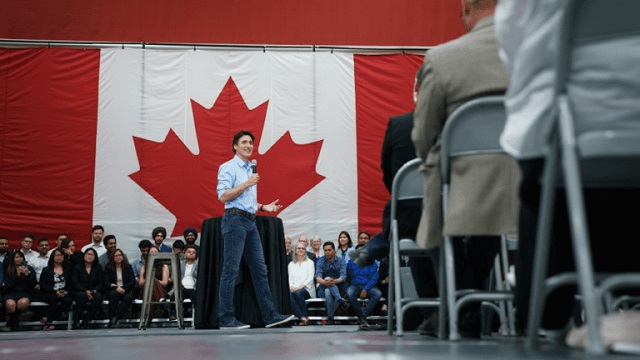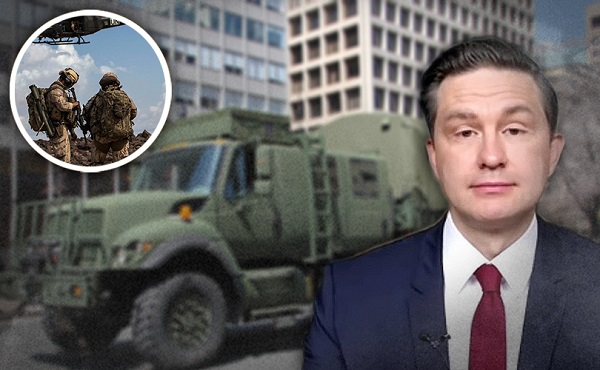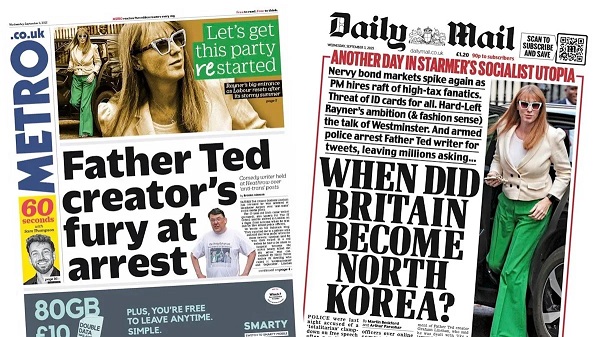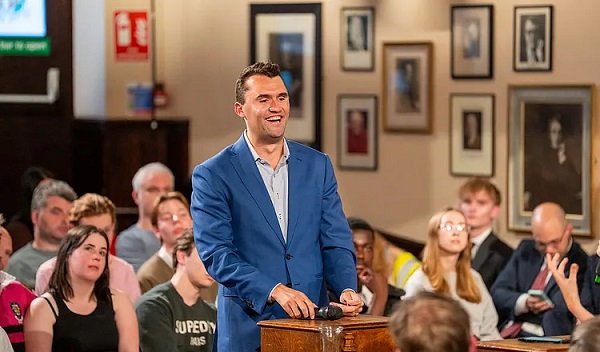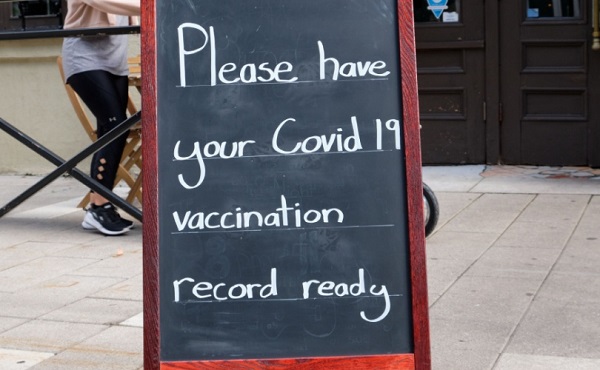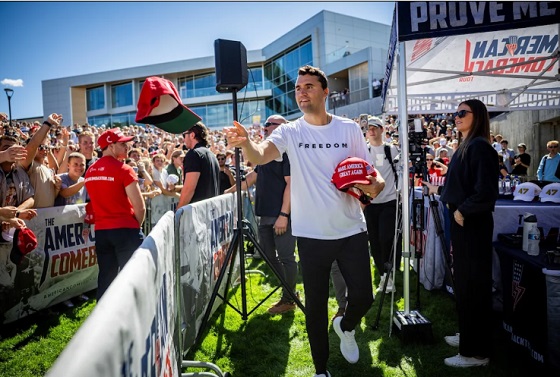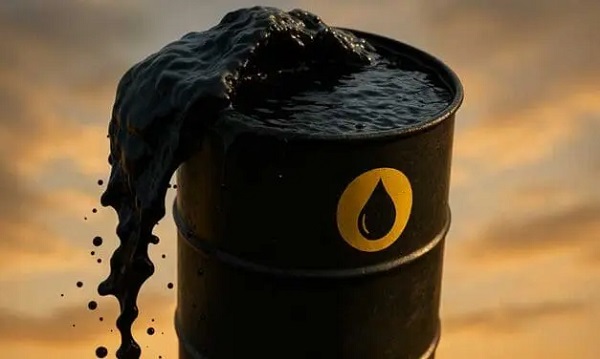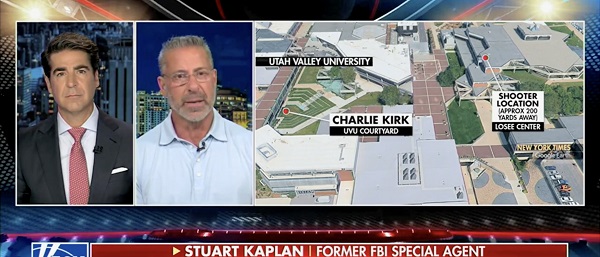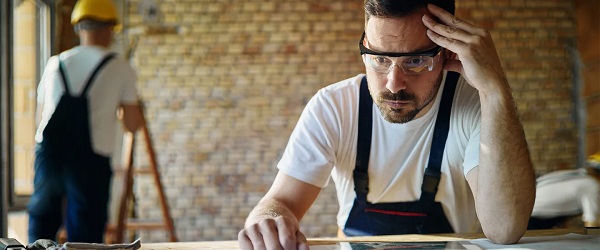By Clare Marie Merkowsky
The Conservative Party leader has pledged to increase military spending and re-emphasize ‘bravery, honour, patriotism and strength.’
Conservative Party leader Pierre Poilievre has promised to rebuild Canada’s military after years of “ideological extremism” under the Liberals.
In an August 16 open letter to serving Canadian Armed Forces (CAF) members at CFB Wainwright, Poilievre made 22 commitments to restore Canada’s military while ending the “woke culture” promoted by the Liberal government.
“After years of Liberal neglect, underfunding, and ideological extremism, our military is hollowed out. The world is becoming more dangerous, and our enemies are watching,” Poilievre declared. “It’s time we send them a message: Canada is back.”
“Conservatives believe now is the time to make the largest rebuild of our military in a generation, beginning in the North and extending across our land,” he continued.
Poilievre’s plan included increased military spending, replenishing Canada’s weapons which were donated to Ukraine, and boosting support for military members and their families. It also outlined support systems for veterans.
He further promised to “replace the woke culture with a warrior culture.”
“No more DEl. No more weird political agendas,” Poilievre declared. “The military is a fighting force, not an instrument of social engineering. Bravery, honour, patriotism and strength are its pillars.”
“To serve is to sacrifice,” he continued. “But service should not mean neglect. I will fight for you to once again be respected, equipped, and empowered. We will put our country first, and that begins with giving our Armed Forces the tools and culture of victory.”
The Canadian military is currently suffering from recruitment shortages, which many experts have revealed is a result of embracing and pushing the LGBT ideology within the CAF.
In 2023, officials admitted that the nation’s military is shrinking to dangerously low numbers as Liberals continue to push the LGBT agenda on Canadian soldiers. In addition to low recruitment, the military is struggling to retain soldiers.
As LifeSiteNews previously reported, the military spent Canadians’ tax dollars on polls, guest speakers, presentations, workshops, and LGBT flags. The workshops covered topics including “the gendered nature of security,” while one talk discussed “integrating gender and diversity perspectives.”
In 2021, the defense department revealed that they have two separate committees and eight programs which worked to appoint homosexual advisors to “innovate” religious instruction and gender-neutral uniforms.
In June 2023, Canadian troops in Latvia were forced to purchase their own helmets and food when the Liberal government failed to provide proper supplies. Weeks later, former Prime Minister Justin Trudeau lectured the same troops on “climate change” and disinformation.
A Canadian Armed Force member previously told LifeSiteNews that between the COVID vaccine mandates and pushing the LGBT agenda, Canadian soldiers have lost confidence in the military.
He explained that ideological agendas are driving away new recruits, as the primary source of recruitment for the military is “Saskatchewan farm boys” who want to serve Canada – not radical left-wing ideologues.
“That farm boy looks at the army and with the blue hair and the face, piercings and ideologies and all that stuff,” he said. “And it doesn’t have the same pull because it doesn’t represent the farm boy’s values.”
“This is not the Canada that we signed up to defend. It’s an alien ideology that people don’t resonate with,” he continued. “These are not Canadian values of freedom and democracy. These are cancel culture values of censorship, of authoritarianism, of radical ideologies that are alien to our culture.”
In one such example of how this ideological mandate has impacted soldiers, a commanding officer of the 4th Canadian Division Support Group (CDSG) of the Greater Toronto Area Detachment threatened personnel who dared to throw out tampon dispensers which had been placed in men’s bathrooms as part of the military’s new “inclusion” policy.
Related
